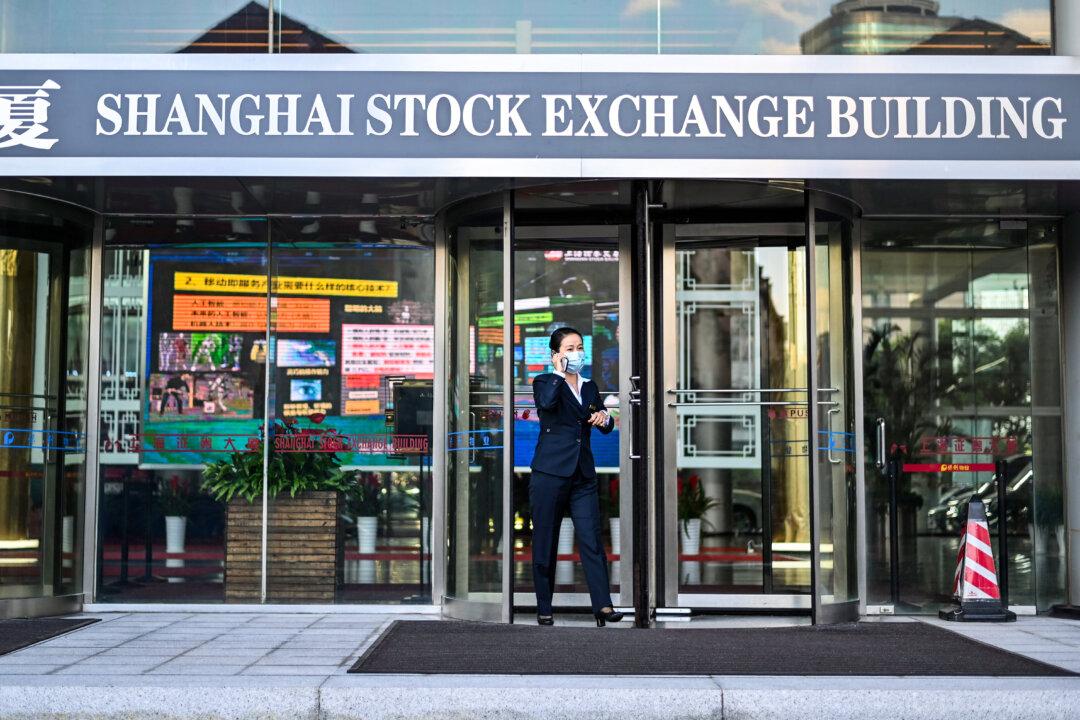News Analysis
After the Lunar New Year, China’s stock market reopened with several days of gains after Wu Qing was appointed the new chairman of the China Securities Regulatory Commission.

After the Lunar New Year, China’s stock market reopened with several days of gains after Wu Qing was appointed the new chairman of the China Securities Regulatory Commission.